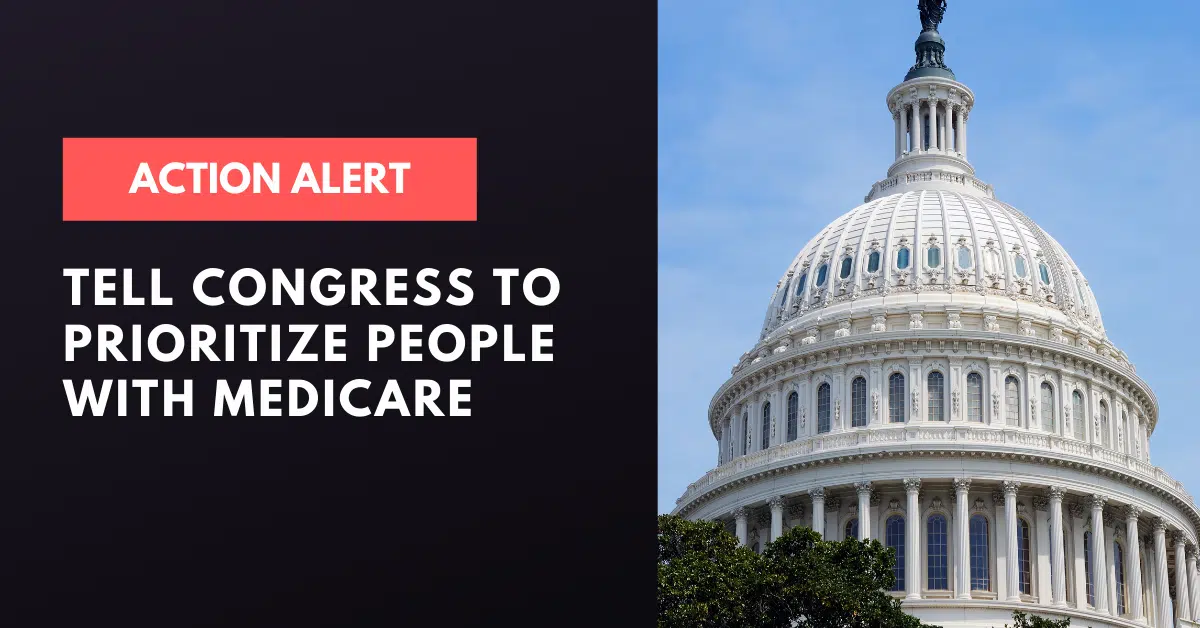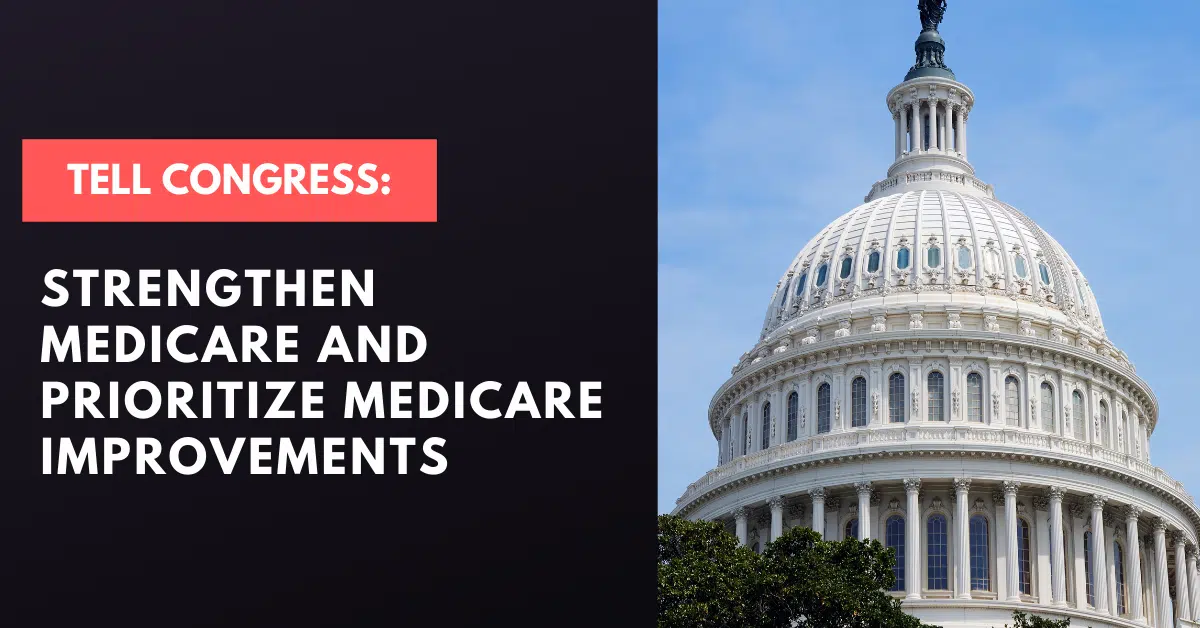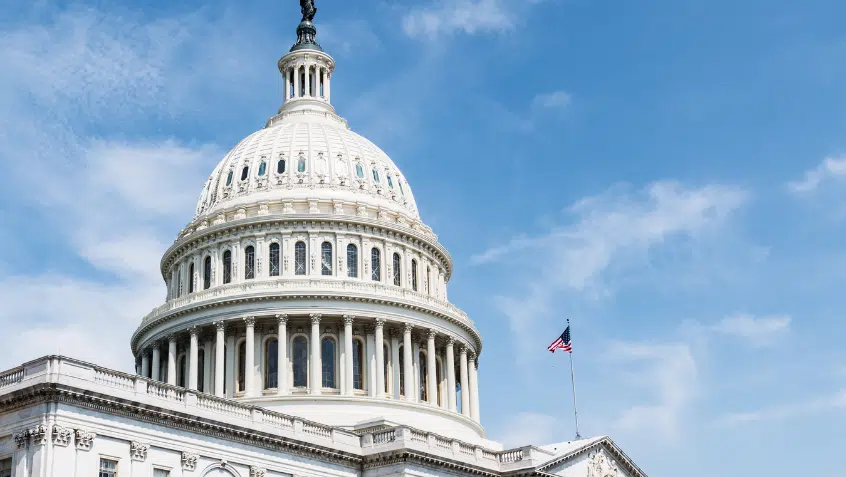
Millions of People with Medicare Benefit from Preventive Services at No Cost
The Affordable Care Act (ACA) significantly expanded access to preventive care. It not only required most insurers to cover these
Join Us Live for a Discussion on Medicare, Democracy, and the Future of Health Care



The Affordable Care Act (ACA) significantly expanded access to preventive care. It not only required most insurers to cover these

In November, the Centers for Medicare & Medicaid Services (CMS) announced the Medicare Part B standard monthly premium would jump by 15%

According to the latest Kaiser Family Foundation (KFF) polling, the number of fully vaccinated adults who have received a booster

The House-passed budget reconciliation bill expands Medicare Part B to cover more comprehensive hearing services. A timely Urban Institute report highlights the

On Friday, the Centers for Medicare & Medicaid Services (CMS) announced the Medicare Part B standard monthly premium would be

In a significant reversal and landmark win for beneficiary advocates, lawmakers this week announced an agreement to add prescription drug

Earlier today, the White House announced a framework for the “Build Back Better” budget reconciliation bill. While the outlined package

This week, Congress is working to reach a deal on the budget reconciliation bill. Critical health care reforms are on

There is significant public, bipartisan support for the Medicare policy changes lawmakers are considering for inclusion in the Build Back

In recent months, the Medicare Rights Center has been helping ensure that important health care reforms are included in the

The Affordable Care Act (ACA) significantly expanded access to preventive care. It not only required most insurers to cover these

In November, the Centers for Medicare & Medicaid Services (CMS) announced the Medicare Part B standard monthly premium would jump by 15%

According to the latest Kaiser Family Foundation (KFF) polling, the number of fully vaccinated adults who have received a booster

The House-passed budget reconciliation bill expands Medicare Part B to cover more comprehensive hearing services. A timely Urban Institute report highlights the

On Friday, the Centers for Medicare & Medicaid Services (CMS) announced the Medicare Part B standard monthly premium would be

In a significant reversal and landmark win for beneficiary advocates, lawmakers this week announced an agreement to add prescription drug

Earlier today, the White House announced a framework for the “Build Back Better” budget reconciliation bill. While the outlined package

This week, Congress is working to reach a deal on the budget reconciliation bill. Critical health care reforms are on

There is significant public, bipartisan support for the Medicare policy changes lawmakers are considering for inclusion in the Build Back

In recent months, the Medicare Rights Center has been helping ensure that important health care reforms are included in the